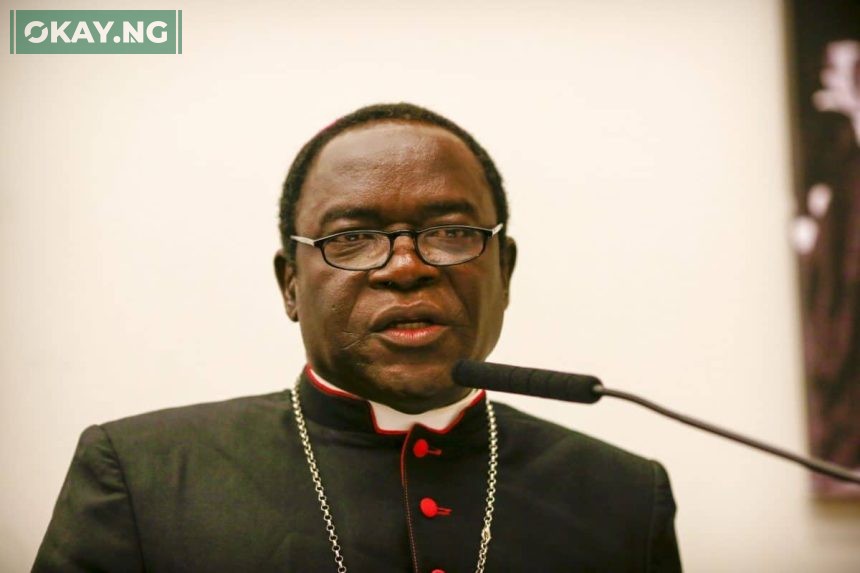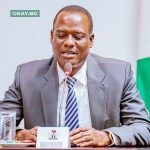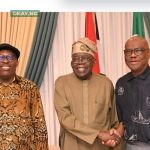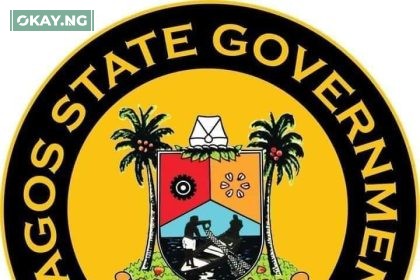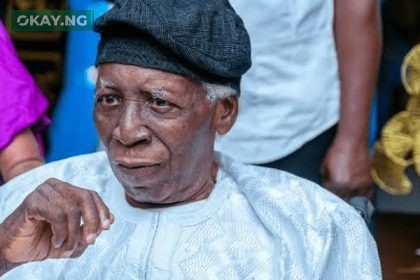Matthew Kukah, the Catholic Bishop of Sokoto Diocese, has described the recent stampedes at palliative distribution centres in Nigeria as a reflection of the growing desperation among citizens due to economic hardship.
Last week, over 67 people lost their lives in separate stampedes during palliative distributions in Oyo, Anambra, and the Federal Capital Territory (FCT).
In his Christmas message on Wednesday, Kukah lamented the tragedies, stating that they were avoidable if the government had effectively addressed the economic difficulties faced by Nigerians.
“The tragedies that occurred in Okija, Ibadan, and Abuja where innocent people lost their lives in stampedes at food distribution points are a metaphor for the situation of desperation that citizens have been thrown into,” Kukah said.
“The failures of government to respond concretely toward ending the horrible crisis of hunger and desperation has created the conditions for these avoidable tragedies. Citizens are lapsing into despair. The Catholic Church is not new to providing succour for the needy and vulnerable. Government needs to work more closely with institutions that help to promote the common good of our society.”
Kukah also criticized the high costs associated with running for public office, describing it as a barrier to youth participation in politics.
“In 2018, the passage of the Not Too Young to Run Bill was widely greeted by young people who believed that the doors had now opened for their active engagement in politics. After a few elections, many young people have been elected at various levels. This is commendable,” he said.
“However, problems of internal democracy and the costs of running for public office still remain major obstacles for youth participation in politics.”
While commending the federal government for introducing educational loan schemes, Kukah urged that such initiatives be extended to those pursuing vocational and technical skills to foster greater inclusivity.
The cleric also addressed the broader societal issues of ethnicity, nepotism, and greed, emphasizing that these factors undermine national unity and equitable access to opportunities.
“Our journey to greatness is still severely constrained by the forces of ethnicity, nepotism, and greed. There is still the lingering anxiety that ethnicity and religion trump common citizenship in terms of access to opportunities,” he said.
Kukah linked insecurity to corruption, arguing that addressing unemployment and violent extremism is key to combating violence.
“Insecurity is the first child of corruption. We cannot win the war against insecurity without addressing the issues of unemployment and violent religious extremism which create the conditions for violence,” he concluded.


